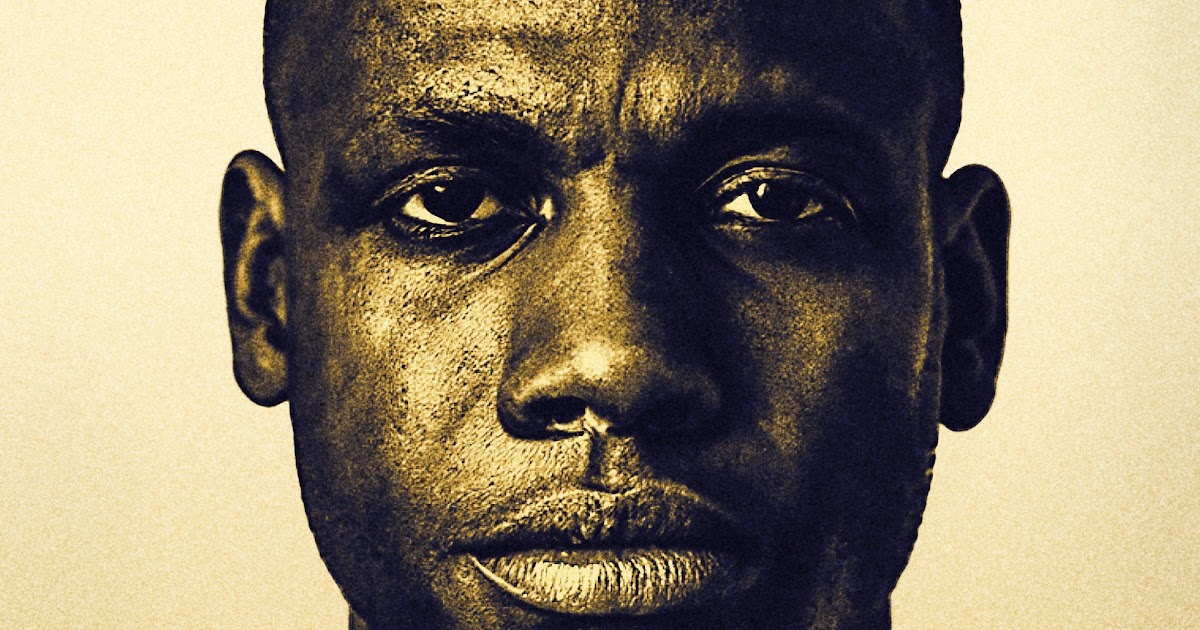
Original language: French
Original title: Pure men
Translation: Oriol Valls in Catalan for More Books. No Spanish translation at the time of publishing the review.
Year of publication: 2018
Valuation: recommendable
About a year ago I reviewed Mbougar Sarr’s last published novel, a Goncourt-winning novel which made him the first Senegalese author to achieve such recognition and which left a good taste in my mouth. And, as happens in these cases, based on this success, his previous works are beginning to be translated, as is the case at hand.
The author places us at the beginning in the event that will trigger the entire story: we find ourselves in Dakar, at an undetermined historical moment. Ndéne Gueye, a thirty-seven-year-old literature teacher who is critical of society and dissatisfied with the criteria with which teaching is taught, watches, between astonishment, astonishment and horror, a video in which he sees how a mob unearths a body from the cemetery, taking it out of the pit, pulling the body out of the grave amidst cheers and commotion. The body belongs to a homosexual, who are “the only ones in this country who are denied a grave.” “The only ones who are denied both death and life.” This fact, clearly inhuman, impacts Ndéne in such a way that he becomes interested in the case to the point of obsession, wanting, with the possible means, to know more in depth who the victim of such atrocity was; an act that not only impacts him, but causes a great stir throughout society to the point that he receives a note from the ministry informing him that “at the request of different religious organizations, after the recent violent events, it was advised with all our strength to all professors of literature, for their safety and in the name of the preservation of our culture, ‘avoid the study of writers whose homosexuality was proven or even suspected.'” Homosexuals, who “their very presence in society threatens its cohesion and morality; beings whose very existence constituted a crime against humanity. In this way, Ndéne sees how all his passion for teaching, for changing the way classes are taught, for trying to infect his students with a critical sense, comes up against an ossified and archaic system, both at the level of teachers and students. , extending to his own home ruled by a father imam with radical ideas who affirms that “you cannot be góor-jigéen here, in this land where so many saints have lived, and pretend to rest in a Muslim cemetery. It’s unthinkable. Unthinkable”.”
The protagonist, intrigued by the event, begins to want to meet other homosexuals to find out how they think about it, how some even have social acceptance and it is as a result of this that the protagonist becomes obsessed with their identity and also his own, investigating and reflecting on the homosexual condition in his country, his own beliefs and those of his parents and friends, also trying to find his own identity and look for a place in society in which his ideas can fit and also in himself, because such and as your friend Ângela indicates “you are afraid of discovering something you fear, or of not finding something you expect”; It is in this investigation about the unearthed person and his condition of homosexuality that the protagonist embarks on the search for his identity while subjecting his ideas to a constant debate that forces him to take a position on an issue as socially conflictive as of homosexuality and gay rights in Senegal. In this way, the adventure he undertakes towards the search for understanding finds in himself his own contradictions and subjects his ideas and beliefs to public and also private scrutiny in which he tries to find the balance to live in peace with his society, his family and even with himself.
For all these reasons, it is a recommendable book because, despite being somewhat irregular in its development, it goes from less to more when it manages to put aside its religious explanations and theories to focus on individuality, personal approaches and search and identification of oneself. This is where the book unleashes its potential and the depth of the questions raised and manages to reach and move the reader.
Source: https://unlibroaldia.blogspot.com/2024/01/mohamed-mbougar-sarr-purs-homes.html


